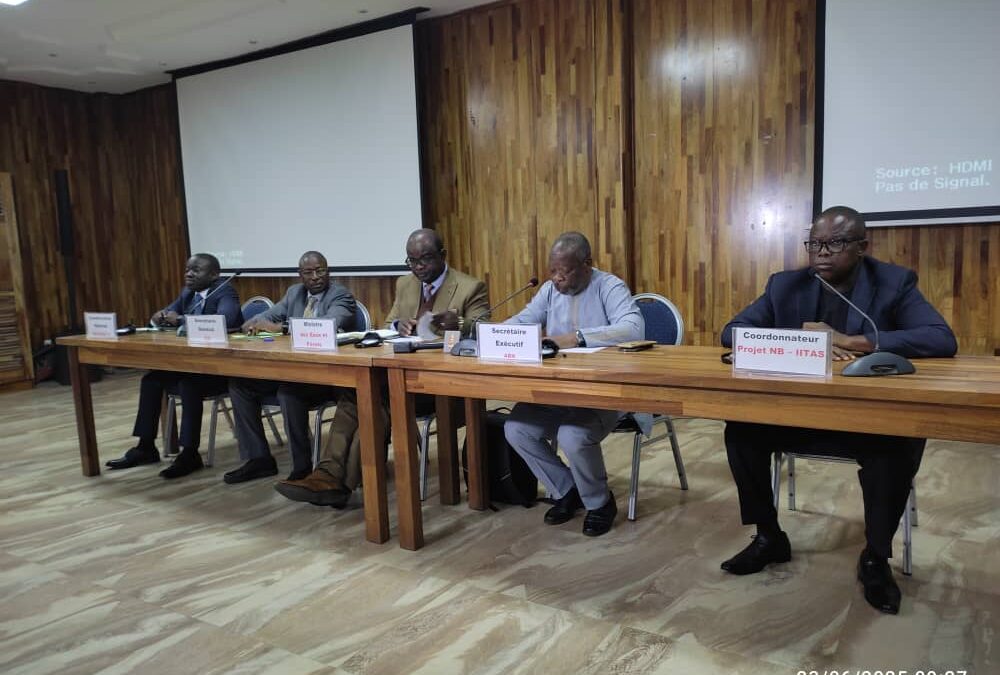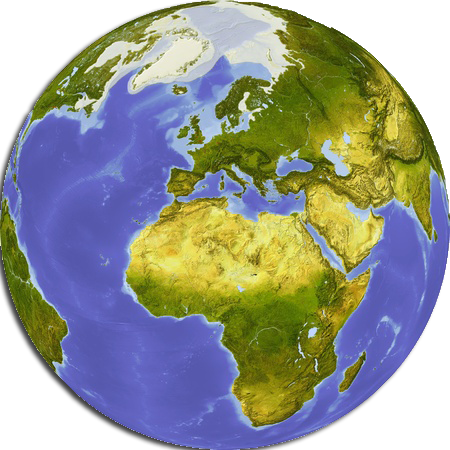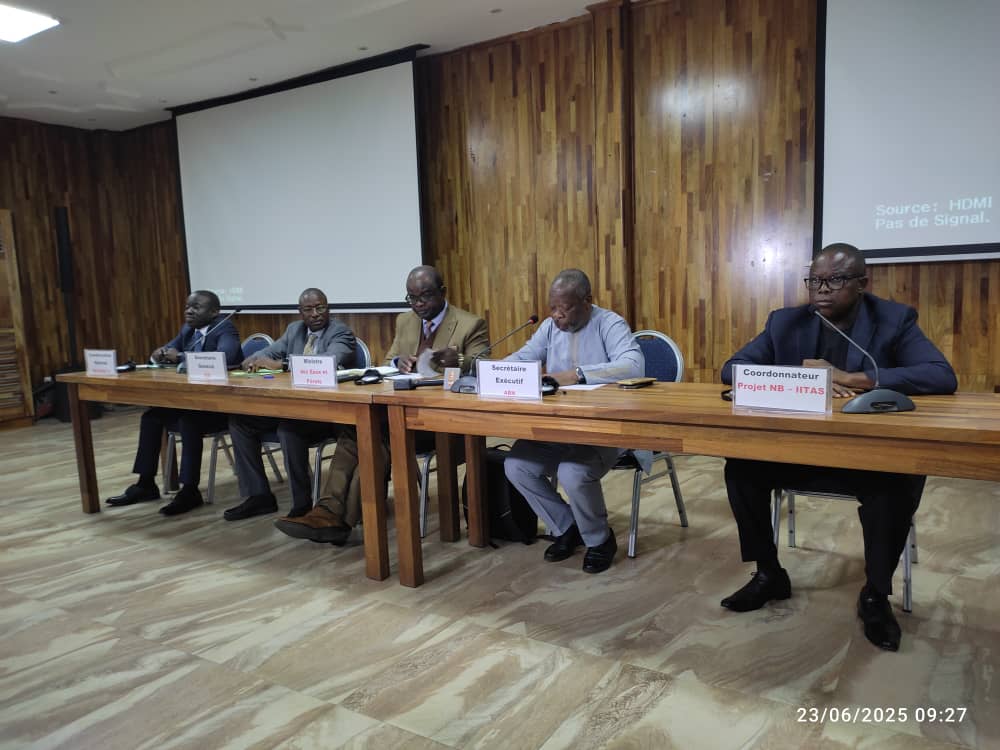
From June 21 to 23, 2025, Côte d’Ivoire’s economic capital hosts a regional “training of trainers” workshop under the banner of scientific cooperation and environmental resilience. Organized by the Niger Basin Authority (NBA) with support from the Global Environment Facility (GEF) through the NB-ITTAS Project, the event aims to equip NBA member countries with a pool of experts capable of leading long-term, integrated, sustainable, and collaborative management of shared natural resources.
Bringing together participants from the NBA, the Sahara and Sahel Observatory (OSS), as well as universities and research centers from the nine member countries, the dual training session focuses on two core topics:
- the joint management of surface and groundwater; and
- the implementation of the Nagoya Protocol on access to genetic resources and the fair and equitable sharing of benefits arising from their use.
Training is delivered by the International Institute for Water and Environmental Engineering (2iE), a key player in capacity building across the continent. Thanks to an interactive and contextualized teaching approach, trainers strive to turn knowledge into tools for action and innovation.
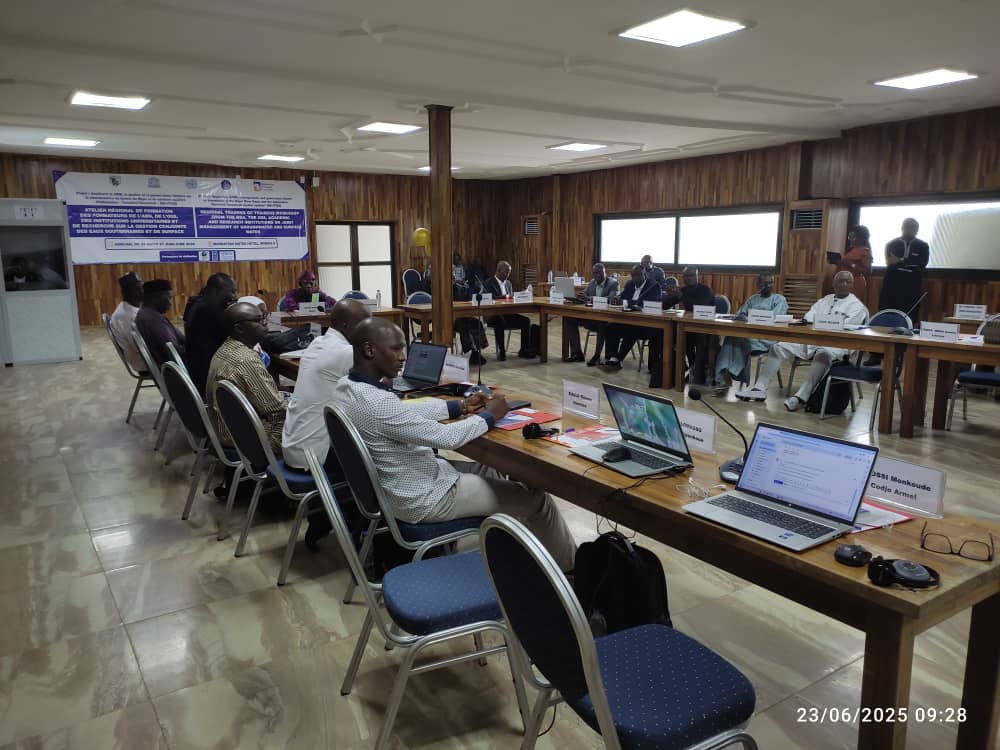
A strategic lever for the Niger Basin
During the opening ceremony, Mr. Zinsou Didier Sèyivè, Executive Secretary of the NBA, emphasized the importance of this initiative: “It is no longer a secret that the Niger Basin is facing enormous challenges. By training trainers, we are planting the seeds of more resilient, better-informed, and more inclusive governance.”
This training cycle is part of the broader transformation launched by the NB-ITTAS Project, which for several years has been working to improve transboundary water governance through diagnostic tools, community-based pilot projects, and regional platforms.
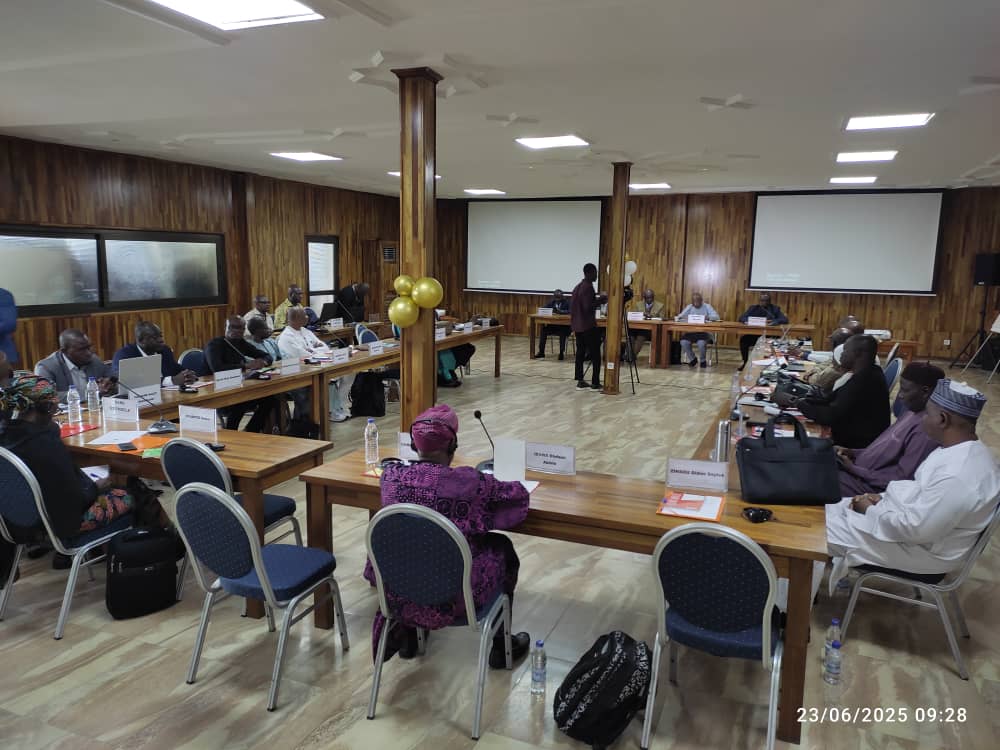
Results that reach beyond the classroom
The ultimate goal of this initiative is to see these training modules permanently integrated into the curricula of partner universities, while also promoting the widespread adoption of best practices among public institutions, technical agencies, and local communities.
With a total budget of approximately USD 159,000, co-financed by the NBA and OSS, the Abidjan workshop reflects a shared commitment: to firmly embed biodiversity, IWRM, and cross-border cooperation into the fabric of African expertise.

